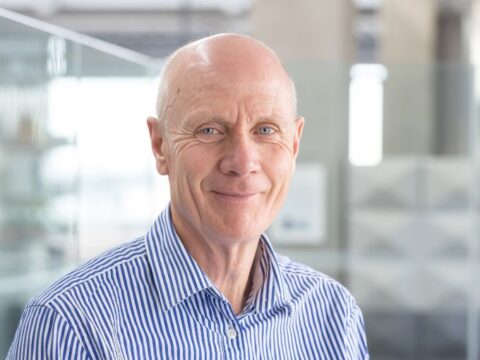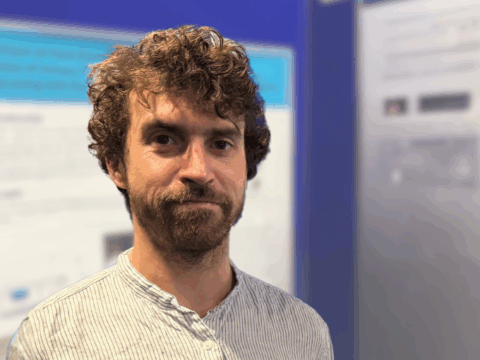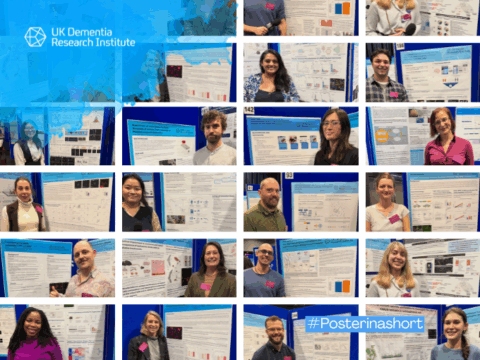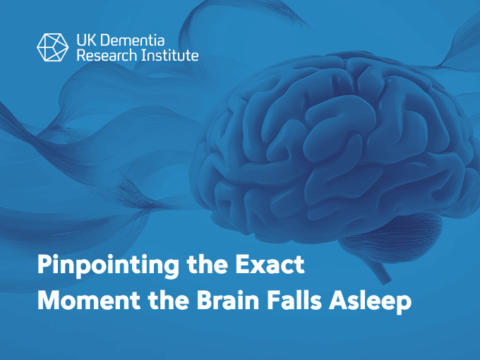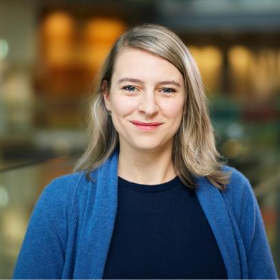
Dr Anna Mallach
Name:
Dr Anna Mallach
Job title:
Reserach Fellow
Place of work / study:
Area of Research:
I am interested in understanding how cellular interactions can drive the cell death we see in Alzheimer’s disease. No cell in the brain exists in isolation, but we are just starting to appreciate how different cell types interact with each other and how these interactions change with Alzheimer’s pathology. In my current project, I use spatial transcriptomics to resolve cellular interactions and how they are disrupted in the presence of pathology.
How is your work funded?
My work at the DRI is funded by core-funding, from consortia and the BBSRC.
Tell us a little about yourself:
I am a postdoc working at the UK Dementia Research Institute at UCL with Bart de Strooper and Lorena Arancibia. After discovering my love for dementia research during my Masters at Imperial, I went to UCL to study how iPS-microglia can interact with neurons. Here I specifically focussed on extracellular vesicles that are secreted from microglia and can influence neuronal functions. Using iPS-cells has a great potential to study specific microglial functions, but after finishing my PhD in early 2021, I was left with the feeling that we still don’t know what specific microglia functions are most important in Alzheimer’s disease, so I decided to take a more systematic approach to answer that question. I joined the lab of Bart de Strooper and Lorena Arancibia to use spatial transcriptomics to hone in on what cellular functions and interactions are indeed disrupted in Alzheimer’s disease.
Tell us a fun fact about yourself:
I used to perform on a unicycle whilst in school. Nowadays I have slowed down a bit and knit, amongst other things, octopi for babies of friends.
Why did you choose to work in dementia?
I think the main thing that attracted me to dementia research are the many unanswered questions. It’s fascinating to think about all the different processes that co-occur in order to drive neuronal cell death. I think dementia is such an important puzzle that desperately needs to be solved and it gives me a lot of joy to be part of such an effort.
What single piece of advice would you give to an early career researcher?
Trust your gut feeling and find good mentors! And enjoy what you’re doing, otherwise research is too hard.
What book are you reading right now? Would you recommend it?
Do You Dream of Terra-Two? by Temi Oh

 Print This Post
Print This Post